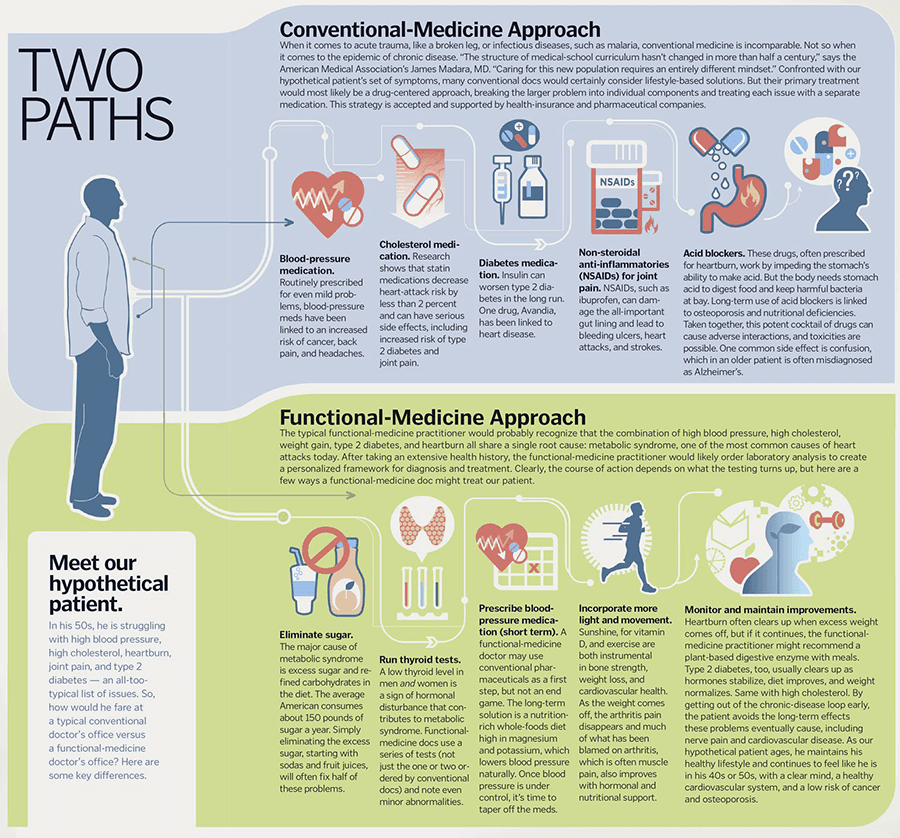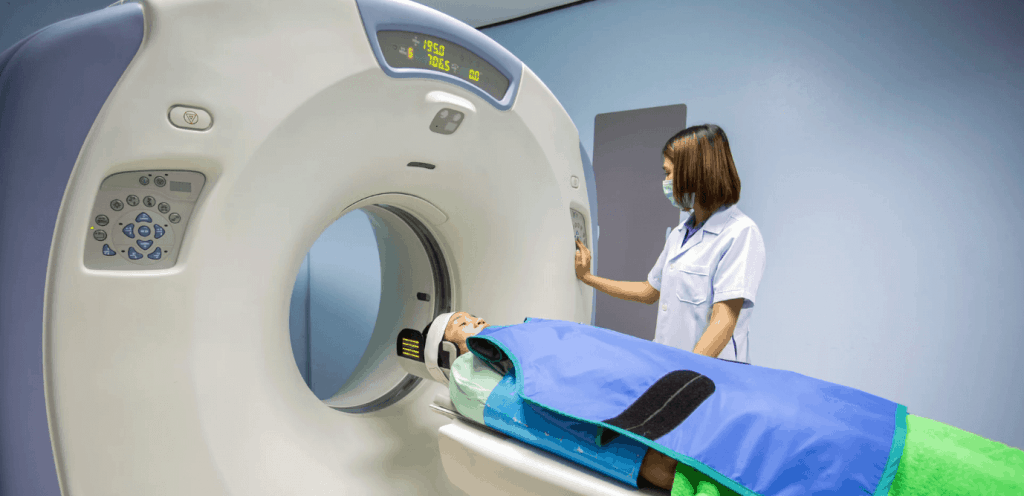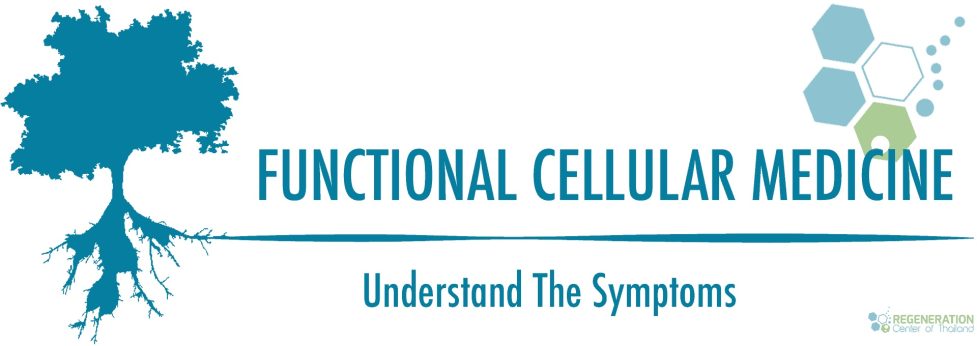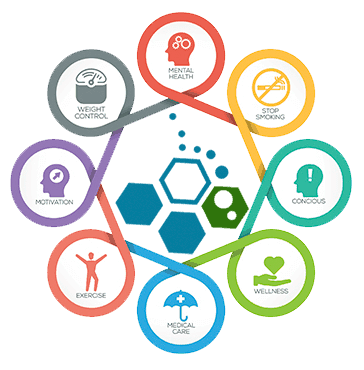For thousands of years now, various cultures around the world have developed unique practices to promote physical healing and wellness therapies that would be known as integrative medicine. These ancient and traditional approaches to healthcare have included: Ayurvedic medicine, Chinese medicine, traditional Thai medicine, acupuncture, yoga, herbal medications, meditation and mind vs. body techniques that were holistic in nature and usually looked beyond damage to the body by including the health of the body and spirit as well. Yet for most of the 19th and 20th century, western medicine ignored many of these holistic techniques and instead labelled them as tainted suspicious quackery.
In western medical philosophy disease is defined as the basis of the principal organ system in which symptoms and signs of infection are manifested, and also in which gross anatomic pathology and histopathology are correlated.[1] While this philosophy was instrumental in the early development stages of medical science, classifying diseases this way in the modern world would be unsuitable as it vastly overgeneralizes pathophenotypes and does not take into consideration the preclinical disease manifestations and symptoms patients display. It also does not account for states of susceptibility and therefore should not be used to individualize wellness therapies concerning chronic diseases.

In the last few decades the emerging sciences of regenerative medicine and molecular medicine helped doctors develop a science based understanding of how to incorporate integrative medical therapies so that they can be allowed to be applied in instances where the applications of traditional pharmaceutical based medications failed. Old became new and from these finding came the original concepts that helped coin the term functional medicine in the early 1990’s.
What is Functional Medicine?
Functional medicine is a type of medical science that focuses primarily on interactions between the patient’s physical environment and the patients’ bodily functions such as between the endocrine system, gastrointestinal and immune systems. Practitioners of functional medicine develop individualized treatment plans for the men, women, and children they treat. This paradigm shift takes healthcare with a disease-centric focus to one of where we look at the relationships of the bodily systems and examine the whole person and not just a few of the isolated physical symptoms.
As technology advanced over the last 100 years, doctors became more reliant on the use of pharmaceuticals based products and physicians failed to understand the underlying issues and were no longer able apply basic sciences in their practices. The medical industry became too concerned with about categorizing the names of diseases then implementing the appropriate drug protocols, rather than spending the time needed to better understand the cause of the patient’s imbalances and underlying physiologic dysfunctions.

Functional healthcare management is like an operating system for the body that focuses on the structure & underlying causes of disease from a systemic biology perspective and moves away from the histopathological definition of disease that forcefully classified all medical dysfunctions into an insufficient number of descriptors.
Functional regenerative medicine operates on the notion that a persons’ genome interacts with their lifestyle and environment. For several millennia humanity has known that true wellness consists of mindfulness and daily lifestyle choices that are essential in helping to maintain optimal health and in treating illnesses and disease. The most effective healthcare requires the balance between Organ-Oriented, Biomedical, and cognitive, interpersonal therapies.
Good health requires appropriately functioning biochemical and physiological processes making them operate as one process whereas dysfunctional processes cause the symptoms known as sickness and illnesses.
The 4 Pillars of Functional Regenerative Healthcare:
- Functional Medicine acknowledges that all humans are genetically and biochemically unique – This understanding is the driving force of personalized health care programs we offer that seek to treat the individual more than the disease they are diagnosed with. Functional cellular medicine, Molecular hematology and Medical bioinformatics all attempt to support the bodies standard healing mechanisms naturally, rather than attacking illness directly. If the only tool you have at your disposal is a hammer, then you will treat everything as if it were a nail.
- Functional Regenerative Medicine is Deeply Based on Evidence-Based Science – Unlike Holistic medicine, Naturopathic Medicine (Naturopathy) or homeopathy, functional medicine requires scientifically verifiable proof. Functional medicine was developed after all the ancient models discussed previously and offers the most efficient and comprehensive approach to healthcare in the 21st century. Functional medicine seeks to utilize the most current scientific knowledge about chemical biology and how our genes, lifestyle & environment interact as a whole system to better diagnose and treat chronic diseases based on relationships of the dysfunctions and imbalances that are displayed as symptoms. Understanding these complex relationships allows the Regeneration center functional medicine clinic to see more in-depth the underlying medical dysfunctions of the entire body.
- Environmental Inputs Matter – From the air we breathe, the water we drink, the (quality) of food we eat or the frequency of physical exercise our environment matters. Dealing with exposure to toxins to synthetic medications, to relationships you have, to the traumas you have experienced, all these factors will in one form or another affect our health. [2] The human body is a well designed intelligent machine with the capacity for total self-regulation. The positive or negatives influences in our environments will express themselves throughout the bodily systems.
- An ounce of prevention is worth a pound of cure – Taking care of yourself is not selfish. Self-caring principals should be incorporated into your lifestyle decisions so that they can shape and support your goals of being healthy. This principle of self-care should be consciously embedded into all daily routines (work & home life) to assure we put ourselves in the best possible position to succeed.
Our stem cell institute believes that having good health is priceless and can be measured relatively easily via health checkups, bodyweight and cardiovascular capacity which lead to the goal of longevity. It is incumbent upon us to be both deliberate and discerning in how we live our lives, how we use our time, how we use our energy, our attention, our finances and with most importantly our relationships and whom we spend our time with to promote optimal long-term wellness.[3]
Look for Mechanisms and Not Just The Symptoms
With advancements in recent biotechnologies and noninvasive screenings of cellular functions such as genomics, magnetic resonance imaging, transcriptomic analysis, biomarkers, metabolite profiling, and tests such as nuclear cardiac stress testing have provided doctors with new insight into the topology of biological networks. Before we had such technologies, complex diseases of unknown causes were simply labeled as functional somatic disorders since the impaired biological functions were idiopathic in nature and without any known organic or structural causes.[4]
This list of functional somatic disorders include:
- Chronic fatigue syndrome (CFS)

- Fibromyalgia (FMS)
- Crohn’s disease
- Irritable bowel syndrome
- Interstitial cystitis (IC)
- Bladder pain syndrome (BPS)
- Benign prostatic hypertrophy (BPH)
- Transverse Myelitis
- Post-traumatic stress disorder (PTSD)
- Attention deficit-hyperactivity disorder (ADHD)
- Autistic spectrum disorders (ASD)
- Cardiometabolic syndrome
- Multiple chemical sensitivity (MCS)
- Polycystic ovary syndrome (PCOS)
- Metabolic syndrome
- Heart Disease and hypertension
- Mild cognitive impairment (MCI) or MND [sometimes] labeled as Alzheimer’s disease
- Functional or nonulcer dyspepsia pain [5]
- Noncardiac chest pain (NCCP)
- Lower back pain or Neck / shoulder pain
- Atopy asthma which is the genetic tendency to develop allergic diseases such as rhinitis and atopic dermatitis (eczema).
- Chronic fatigue syndrome (CFS)
The Regeneration Center – An Institute for Functional Medicine
Regenerative medicine and MSC+ stem cell therapy are the future of healthcare and are showing great promise in bringing treatment modalities for people suffering from a wide variety of diseases. Stem cell therapies, neural cell replacement and tissue engineering are focused on delivering structural repair and functional restoration of the body systems and offer a radical shift from traditional surgical and pharma based medical practices. Regenerative cellular treatment provides innovative solutions for patients looking to improve the quality of life, ranging from previously incurable congenital diseases and trauma due to spinal cord injuries, brain injuries, heart attacks to degenerative conditions such as SLE, arthritis, DDD, Parkinson’s to Peripheral Neuropathy.
The regenerative model of healthcare we practice is predicated on a rigorous interdisciplinary approach that must be validated first by science then translated into standardized clinical applications. Understanding the causes of disease and dysfunctions offers us the ability to provide patient-centric care with a team of functional medicine practitioners trained for the safe and effective applications of global cellular regeneration therapies and wellness programs designed for longevity.
Traditional Disease Centric Approach vs Our Patient Centric Philosophy.
 The benefits of regenerative functional medicine can best be seen in how we approach the process of wellness. The traditional disease-centric approach is usually reactionary in nature and appropriate for managing acute conditions that require rapid identification and medical interventions to suppress the existing symptoms and prevent further deterioration of health and cognitive decline. This approach has its use but much less appropriate when applying to chronic long-term illnesses such as kidney disease, diabetes, liver disease, COPD, Emphysema and pulmonary lung fibrosis. Long-term suppression of the bodies warning systems via medications nearly always leads to new problems and never allows the patients a chance for full recovery.[6]
The benefits of regenerative functional medicine can best be seen in how we approach the process of wellness. The traditional disease-centric approach is usually reactionary in nature and appropriate for managing acute conditions that require rapid identification and medical interventions to suppress the existing symptoms and prevent further deterioration of health and cognitive decline. This approach has its use but much less appropriate when applying to chronic long-term illnesses such as kidney disease, diabetes, liver disease, COPD, Emphysema and pulmonary lung fibrosis. Long-term suppression of the bodies warning systems via medications nearly always leads to new problems and never allows the patients a chance for full recovery.[6]
Functional medicine, on the other hand, is considered a patient-centric approach and relies less on merely naming the disease and more on trying to understand the causes early enough so that we can more efficiently correct the underlying issue and give the patient the best possible chance to achieve positive outcomes. Patients displaying health issues in one organ system are seen as clues to a much more profound imbalance in the patient’s’ condition. Instead of isolating and focusing on the symptoms our Functional Medicine doctors use specific tests to investigate all potential factors that may be contributing to the poor results and look at the entirety of the patient’s medical history. This approach allows our medical team to understand better the complex interactions between the environmental, lifestyle choices and genetic factors that contributed to the patients’ poor health.[7]
With the proper medical information and tests, our functional medicine practitioners can spend time with patients, understand their histories and look for the various interactions between the subjects biochemical markers, genetic and environmental factors that influence chronic diseases and long-term health.
The Role of Genetics in Disease
Our Functional healthcare programs recognize the fact that nearly all health problem on earth comes from two main factors:
- Genetics & Genomic Imprinting
- Environment (nutrition, work environments, exposure to toxins/pollution, etc.)
It is true for the most part we do not have control over our genetic predispositions to particular diseases, but we can use the DNA data to identify genetic imprinting that led to built-in weak-points to better control the influences in our surrounding environment. This awareness is a way to support the natural expression of genetics in a compelling way that we can use to manage, reduce or prevent the occurrence of specific chronic diseases and factors such as Cardiometabolic risk. Chronic medical conditions such as allergies, issues with digestion, malabsorption of nutrients, regulation of hormones, neurotransmitters, Inflammatory responses, Immune system dysfunctions, hormonal issues, metabolic issues, cognitive decline and neurological problems. These are matters that a majority of humans suffer from on a daily basis and can be reduced, improved or eliminated by the proper use of Functional Medicine.
To learn more about Regenerative Functional medicine please contact us today.
Published Clinical Citations
[1] ^ Bland, Jeffrey. Systems biology, functional medicine, and folates. Alternative therapies in health and medicine, no. 3. https://www.ncbi.nlm.nih.gov/pubmed/18517101
[2] ^ Bullmore, Ed. 2012. The future of functional MRI in clinical medicine. NeuroImage, no. 2 (January 12). doi:10.1016/j.neuroimage.2012.01.026. https://www.ncbi.nlm.nih.gov/pubmed/22261374
[3] ^ Cesario, Alfredo, Charles Auffray, Patrizia Russo, and Leroy Hood. 2014. P4 medicine needs P4 education. Current pharmaceutical design, no. 38. https://www.ncbi.nlm.nih.gov/pubmed/24641231
[4] ^ Chen, Fa-Ming, Yi-Min Zhao, Yan Jin, and Songtao Shi. 2011. Prospects for translational regenerative medicine. Biotechnology advances, no. 3 (November 27). doi:10.1016/j.biotechadv.2011.11.005. https://www.ncbi.nlm.nih.gov/pubmed/22138411
[5] ^ Henningsen, Peter, Stephan Zipfel, and Wolfgang Herzog. 2007. Management of functional somatic syndromes. Lancet (London, England), no. 9565 ( 17). https://www.ncbi.nlm.nih.gov/pubmed/17368156
[6] ^ Nicolaidis, Stylianos. 2012. Personalized medicine in neurosurgery. Metabolism: clinical and experimental (September 25). doi:10.1016/j.metabol.2012.08.022. https://www.ncbi.nlm.nih.gov/pubmed/23018147
[7] ^ Wessely, S, C Nimnuan, and M Sharpe. 1999. Functional somatic syndromes: one or many? Lancet (London, England), no. 9182 ( 11). https://www.ncbi.nlm.nih.gov/pubmed/10489969


